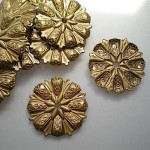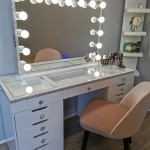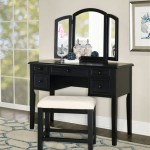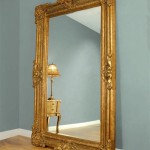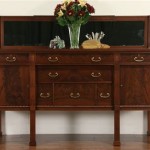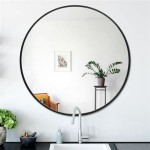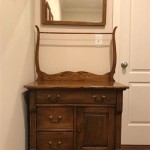Can I Glue a Mirror to Wood?
Attaching a mirror to a wooden surface is a common practice in furniture making, crafting, and home improvement projects. While it might seem straightforward, selecting the right adhesive is crucial for a secure and lasting bond. Several factors influence the adhesive choice, including the size and weight of the mirror, the type of wood, and the environmental conditions where the finished piece will reside.
Consider the Weight and Size of the Mirror
The dimensions and weight of the mirror significantly impact the adhesive strength required. Lightweight, small mirrors often require less robust adhesives compared to large, heavy mirrors. Using an insufficient adhesive for a heavy mirror can result in slippage, detachment, and potential damage to both the mirror and the wood.
Choose the Appropriate Adhesive
Several adhesive types are suitable for bonding mirrors to wood. These include specialized mirror adhesives, construction adhesives, and some types of silicone adhesives. Mirror adhesives are formulated specifically for this purpose and often offer a strong, long-lasting bond. Construction adhesives, while generally stronger, might require careful application to prevent damage to the mirror backing. Silicone adhesives offer flexibility and water resistance, making them suitable for applications in humid environments, but may not be as strong as dedicated mirror adhesives.
Prepare the Wood Surface
Proper surface preparation is essential for optimal adhesion. The wood surface should be clean, dry, and free of dust, debris, and any existing finishes. Sanding the wood lightly can improve adhesion by creating a slightly roughened surface for the adhesive to grip. For unfinished wood, applying a primer can help seal the surface and prevent the wood from absorbing the adhesive, ensuring a stronger bond.
Apply the Adhesive Correctly
The method of adhesive application varies depending on the adhesive type and the size of the mirror. For larger mirrors, applying the adhesive in a grid pattern or a series of dots can ensure even distribution and prevent air bubbles. For smaller mirrors, a continuous bead around the perimeter or several evenly spaced dabs may be sufficient. Consult the adhesive manufacturer’s instructions for specific application guidelines.
Support the Mirror During Curing
After applying the adhesive and positioning the mirror on the wood, it’s crucial to support the mirror adequately while the adhesive cures. This prevents slippage and ensures a strong, even bond. Clamps, weights, or temporary bracing can provide the necessary support. The curing time varies depending on the adhesive used, so refer to the manufacturer's instructions for recommended curing times.
Consider Environmental Conditions
The environment where the finished piece will be located also influences the adhesive selection. For areas exposed to moisture, such as bathrooms, a water-resistant adhesive is essential. Temperature fluctuations can also affect the bond strength, so choosing an adhesive suitable for the expected temperature range is critical. For exterior applications, UV-resistant adhesives are recommended to prevent degradation from sunlight.
Safety Precautions
When working with adhesives, always prioritize safety. Ensure adequate ventilation in the work area and wear appropriate protective gear, including gloves and eye protection. Some adhesives emit strong fumes, so carefully review and follow the manufacturer's safety recommendations. Dispose of used adhesive containers and materials responsibly according to local regulations.
Types of Wood and Their Compatibility
Different types of wood possess varying densities and surface properties that can influence adhesive performance. Hardwoods like oak and maple generally provide good adhesion due to their dense structure. Softwoods like pine and fir may require more attention to surface preparation to ensure adequate bonding. For oily woods like teak, thorough cleaning and degreasing are crucial prior to adhesive application.

4 Easy Steps To Glue Mirror Wood

How To Glue A Mirror Wood Diy Tutorial

How To Glue A Mirror Wood Fast Effective Start Woodworking Now

How To Glue A Heavy Mirror The Wall Mom Blog Society

How To Frame A Mirror With Clips Glue The Wall

How To Make A Diy Wood Frame Mirror With Mirrors Tea And Forget Me Nots

Diy Farmhouse Mirror Made From Shims House Of Hepworths

How To Glue Mirror Wall Easy Adhesion Tips

How To Make A Simple Mirror Frame With Wood Upgrade An Old

How To Build A Diy Frame Hang Over Bathroom Mirror Love Our Real Life

